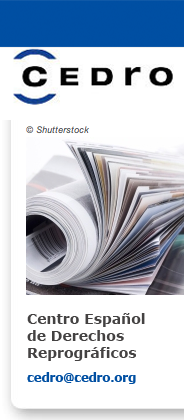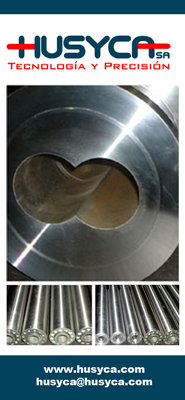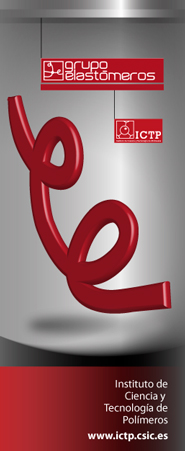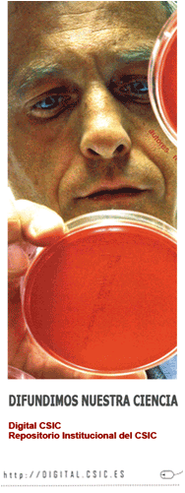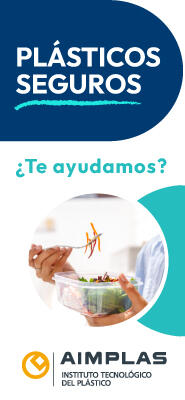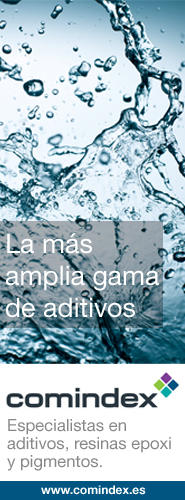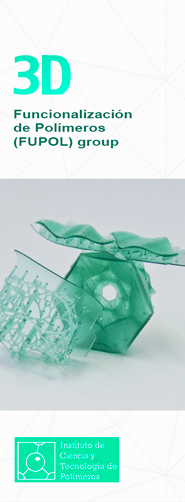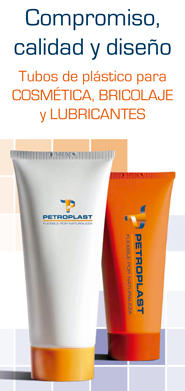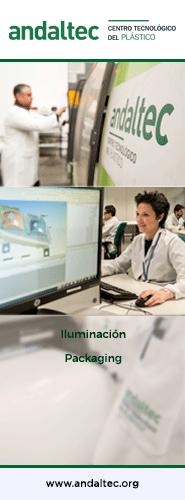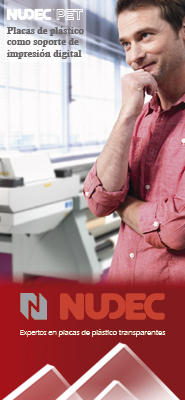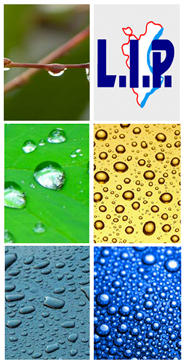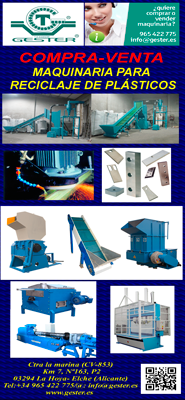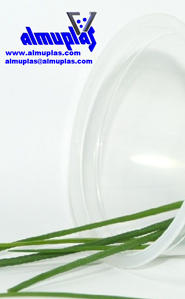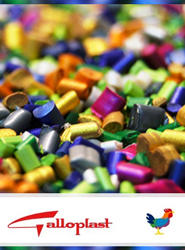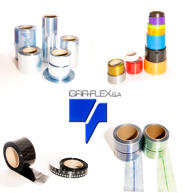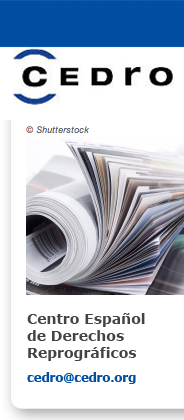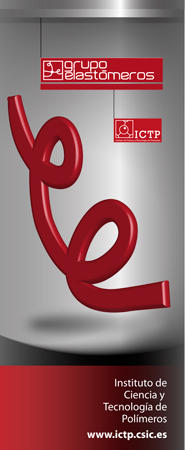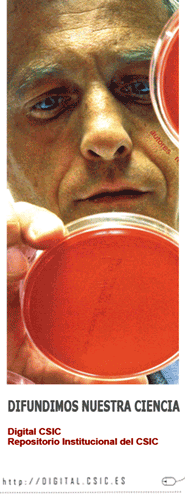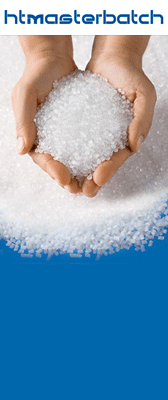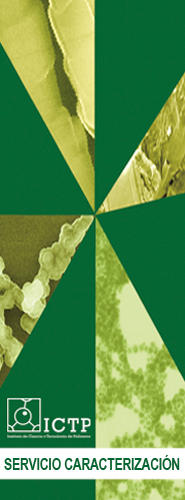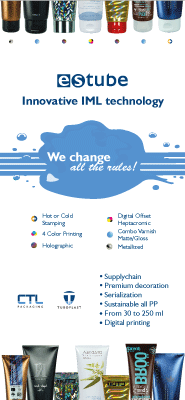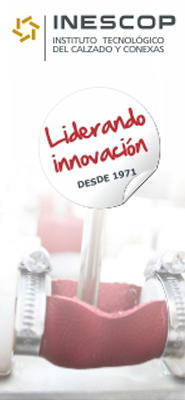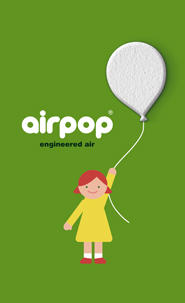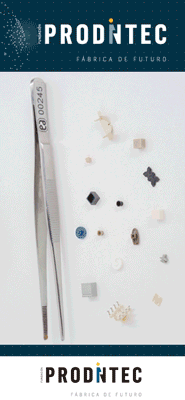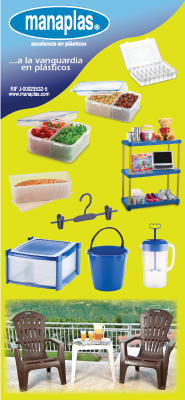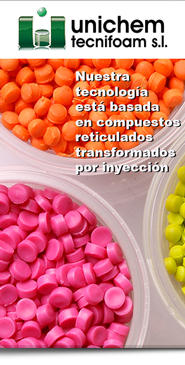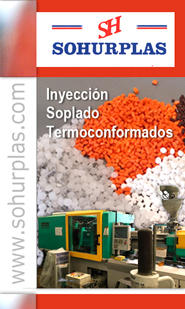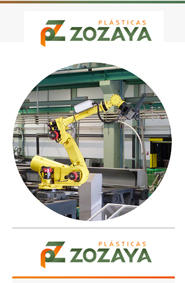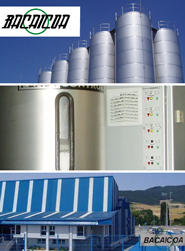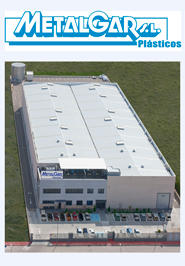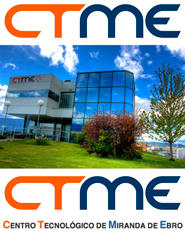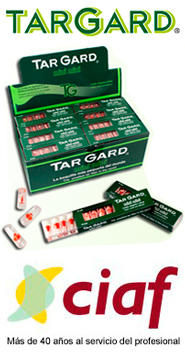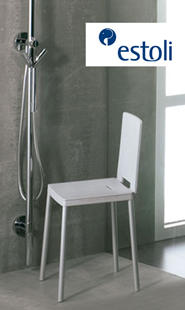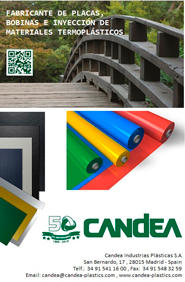Artículos / Referencia Bibliográfica
Los envases de plástico representan casi el 39% del mercado europeo de plásticos y son, hoy en día, una parte muy importante de nuestra vida cotidiana. Por ello, es fundamental que los consumidores actuales entiendan que los envases no sólo son prácticos, sino que además son indispensables para proteger algunos productos. Los plásticos son materiales claves en la conservación de los alimentos y la vía para minimizar sus pérdidas. Además, el empleo de envases plásticos es una opción sostenible ya que protegen el medio ambiente: los productos plásticos son duraderos, muy resistentes al desgaste y se fabrican con un consumo de energía mínimo, colaborando en la reducción del consumo energético y de las emisiones de CO2 durante su producción, transporte, ciclo de vida e incluso cuando llegan al final de su vida útil. Pueden reciclarse y transformarse en nuevos productos, o recuperarse como energía para reducir el consumo de combustibles fósiles, protegiendo el medio ambiente al mismo tiempo.
Plastics packaging represents almost 39% of total European market of plastics, being nowadays an important part of our daily life. For this reason, it is essential that consumers understand that packaging is not only a practical issue, but also that it is essential to protect other products. Plastics are key materials in the conservation of food and they are the way to follow in order to minimize their losses. Moreover, the use of plastic containers is a sustainable option since they protect the environment: plastic products are durable, highly resistant to wear and are produced with minimal energy consumption, contributing to the reduction of energy consumption and CO2 emissions during their production, transportation, life cycle and even afterwards. Plastics packaging are still value even when reaching the end of its useful life. They can be recycled and turned into new products, or recovered as energy to reduce fossil fuel consumption, protecting the environment at the same time.

